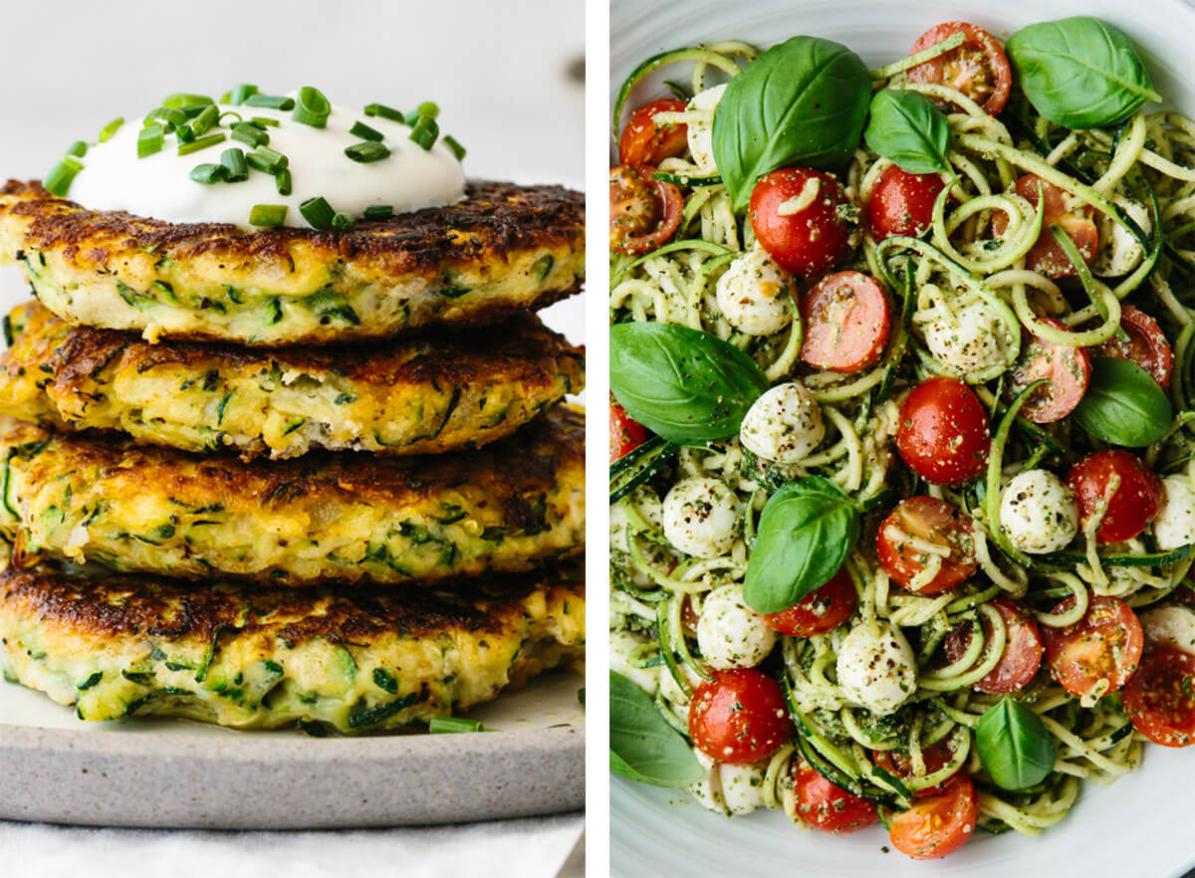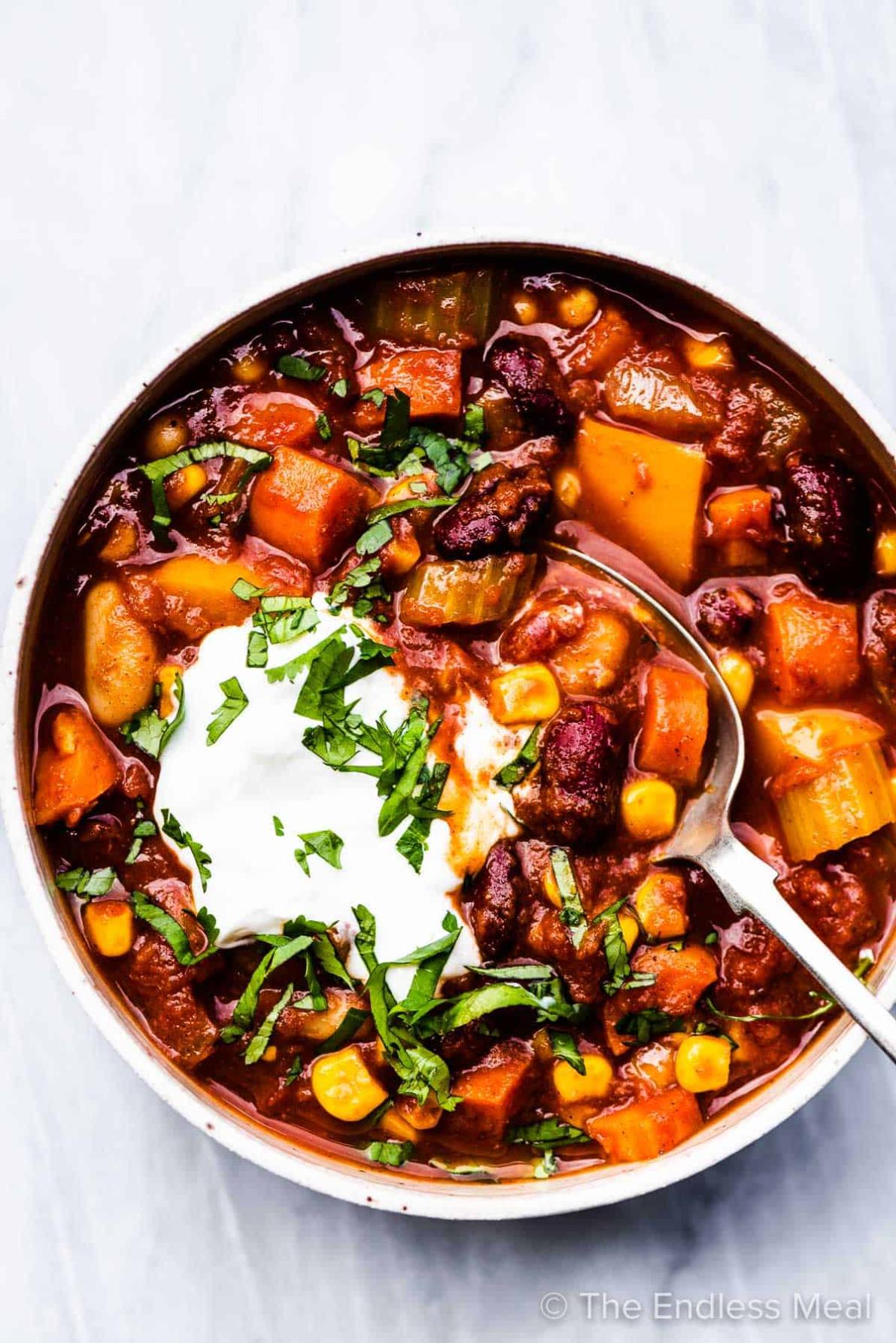What Are the Emerging Trends in Vegetarian Recipes?
Vegetarianism has gained significant popularity in recent years, leading to an increasing demand for diverse and innovative vegetarian recipes. Exploring emerging trends in vegetarian cuisine is crucial to cater to the evolving preferences of vegetarians and promote a healthier and more sustainable lifestyle.

Plant-Based Protein Alternatives
The rise of plant-based protein sources is a prominent trend in vegetarian recipes. Plant-based proteins, such as tofu, tempeh, seitan, lentils, beans, and nuts, offer a rich source of protein, essential nutrients, and fiber. These alternatives provide a sustainable and healthier option for vegetarians, reducing reliance on animal-based proteins.
- Tofu: Made from soybeans, tofu is a versatile ingredient that can be used in a variety of dishes, from stir-fries to soups and curries.
- Tempeh: Another soybean-based product, tempeh has a chewy texture and nutty flavor, making it a great choice for grilling, baking, or stir-frying.
- Seitan: Made from wheat gluten, seitan has a meat-like texture and can be used in dishes such as stews, stir-fries, and burgers.
- Lentils: High in protein and fiber, lentils are a versatile ingredient that can be used in soups, salads, and curries.
- Beans: Beans, such as black beans, kidney beans, and chickpeas, are a rich source of protein, fiber, and essential nutrients.
- Nuts: Nuts, such as almonds, walnuts, and cashews, provide a healthy source of protein, fats, and essential nutrients.
Global Culinary Influences
Vegetarian recipes are increasingly incorporating global flavors and ingredients, creating a fusion of traditional dishes with vegetarian adaptations. This trend draws inspiration from cuisines worldwide, offering a diverse range of vegetarian options.
- Falafel: A popular Middle Eastern dish made from chickpeas or fava beans, falafel is often served with pita bread, tahini sauce, and fresh vegetables.
- Pad Thai: A classic Thai noodle dish, pad thai can be made vegetarian by using tofu or tempeh instead of meat.
- Enchiladas: A traditional Mexican dish, enchiladas can be filled with a variety of vegetarian fillings, such as black beans, roasted vegetables, or tofu.
Innovative Cooking Techniques
Innovative cooking techniques are emerging in vegetarian cuisine, enhancing the flavor and texture of vegetarian dishes. Techniques like sous vide, fermentation, and molecular gastronomy are being used to create unique and exciting vegetarian dishes.
- Sous Vide: This technique involves cooking food in a vacuum-sealed bag at a precise temperature, resulting in tender and flavorful dishes.
- Fermentation: Fermentation is a process that uses microorganisms to break down food, creating unique flavors and textures. Fermented foods, such as tempeh and kimchi, are becoming increasingly popular in vegetarian cuisine.
- Molecular Gastronomy: This culinary science explores the physical and chemical transformations of food, allowing chefs to create innovative dishes with unique textures and flavors.
Health And Wellness Focus

There is a growing demand for vegetarian recipes that promote health and wellness. Vegetarian recipes are increasingly incorporating superfoods, whole grains, and nutrient-rich ingredients to create dishes that are not only delicious but also beneficial for overall health.
- Superfoods: Superfoods, such as kale, quinoa, and chia seeds, are packed with vitamins, minerals, and antioxidants, making them a valuable addition to vegetarian recipes.
- Whole Grains: Whole grains, such as brown rice, quinoa, and oats, provide a rich source of fiber, essential nutrients, and a feeling of fullness.
- Nutrient-Rich Ingredients: Vegetarian recipes are incorporating nutrient-rich ingredients, such as leafy greens, nuts, and seeds, to create dishes that are packed with vitamins, minerals, and antioxidants.
Sustainability And Environmental Awareness
Vegetarian recipes are becoming more sustainable and environmentally conscious, reflecting the growing awareness of the impact of food production on the environment. Vegetarian recipes are increasingly using local, seasonal, and organic ingredients, as well as reducing food waste.
- Local and Seasonal Ingredients: Using local and seasonal ingredients reduces the carbon footprint associated with food transportation and supports local farmers.
- Organic Ingredients: Organic ingredients are produced without the use of synthetic pesticides and fertilizers, reducing the environmental impact of agriculture.
- Reducing Food Waste: Vegetarian recipes are increasingly designed to minimize food waste, using ingredients efficiently and repurposing leftovers.
Emerging trends in vegetarian recipes reflect the evolving preferences of vegetarians and the growing awareness of the impact of food choices on health and the environment. These trends showcase the diversity and creativity of vegetarian cuisine, offering a wide range of delicious, nutritious, and sustainable options for vegetarians and non-vegetarians alike.
YesNo

Leave a Reply